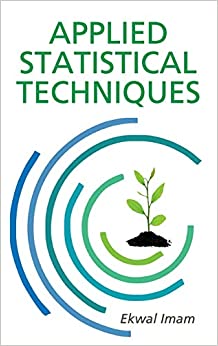
English | 2021 | ISBN: 9383305533 | 230 pages | True PDF | 71.02 MB
The book is a reference book useful for undergraduates, postgraduates and research scholars of biological, ecological and medical sciences. The purpose of writing this book is to provide an accessible reference book on statistical techniques whose proper use will help students in withdrawing accurate results and able to interpret them logically. The methods described in this book are, of course, the same as those used in different disciplines, but things are made so user's friendly that even general readers will find this book useful. The s of the book have been organized in such a way that suits the course curriculum of various universities. In this book enough materials are provided to cover statistical techniques with examples which are ecological and biological based.

English | 2022 | ISBN: 1032132051 | 273 pages | True PDF | 5.15 MB
Applied Positive School Psychology is an essential guide to help teachers regain their own and assist the school community in rebuilding their health post-pandemic. While research in positive psychology is thriving, teachers and educational practitioners find it challenging to apply it in their daily practice. This practical book fills the gap between theory and practice and provides practitioners with an evidence-based toolkit on using the positive psychology in their school communities.
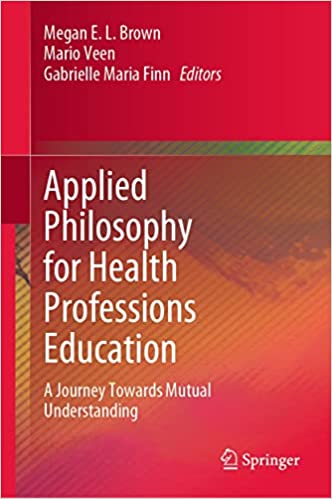
English | 2022 | ISBN: 9811915113 | 385 pages | True PDF EPUB | 8.5 MB
This book increases the accessibility of philosophical concepts to a wider audience within medical education, translating 'knowing' to 'doing.' It prompts health professions educators and researchers to consider the dynamics and structure of contemporary issues within health professions education in new, philosophical ways. Through considering the practical implications of applying philosophical concepts to contemporary issues, the book recommends avenues for further research and pedagogical change. Individual educators are considered, with practice points for teaching generated within each chapter.
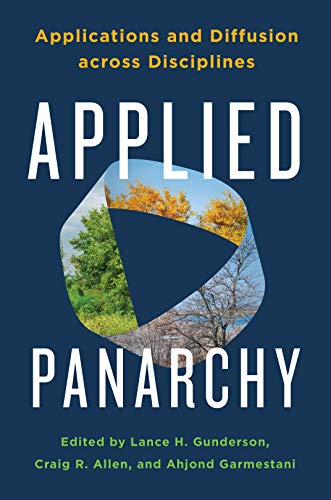
English | 2022 | ISBN: 1642830895 | 341 pages | True PDF EPUB | 7.42 MB
After a decades-long economic slump, the city of Flint, Michigan, struggled to address chronic issues of toxic water supply, malnutrition, and food security gaps among its residents. A community-engaged research project proposed a resilience assessment that would use panarchy theory to move the city toward a more sustainable food system. Flint is one of many examples that demonstrates how panarchy theory is being applied to understand and influence change in complex human-natural systems. Applied Panarchy , the much-anticipated successor to Lance Gunderson and C.S. Holling's seminal 2002 volume Panarchy , documents the extraordinary advances in interdisciplinary panarchy scholarship and applications over the past two decades. Panarchy theory has been applied to a broad range of fields, from economics to law to urban planning, changing the practice of environmental stewardship for the better in measurable, tangible ways.
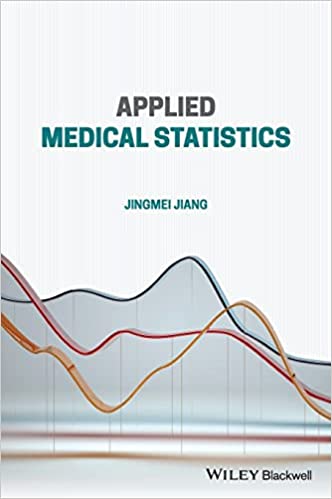
English | 2022 | ISBN: 1119716705 | 585 pages | True PDF | 44.63 MB
APPLIED MEDICAL STATISTICS
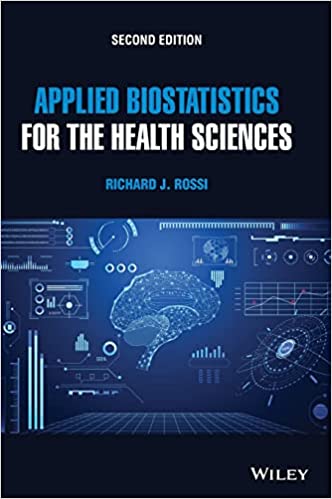
English | 2022 | ISBN: 1119722691, 978-1119722694 | 685 pages | True PDF | 22.52 MB
APPLIED BIOSTATISTICS FOR THE HEALTH SCIENCES APPLIED BIOSTATISTICS FOR THE HEALTH SCIENCES
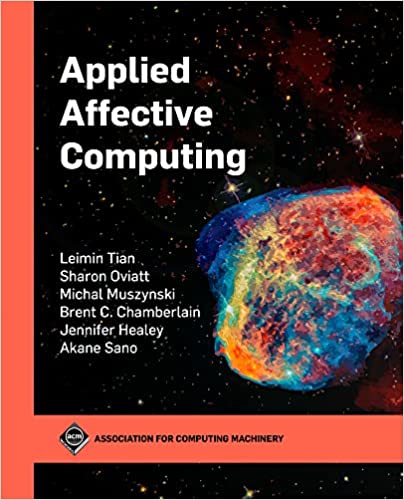
English | 2022 | ISBN: 1450395910 | 308 pages | True PDF | 96.41 MB
Affective computing is a nascent field situated at the intersection of artificial intelligence with social and behavioral science. It studies how human emotions are perceived and expressed, which then informs the design of intelligent agents and systems that can either mimic this behavior to improve their intelligence or incorporate such knowledge to effectively understand and communicate with their human collaborators. Affective computing research has recently seen significant advances and is making a critical transformation from exploratory studies to real-world applications in the emerging research area known as applied affective computing.
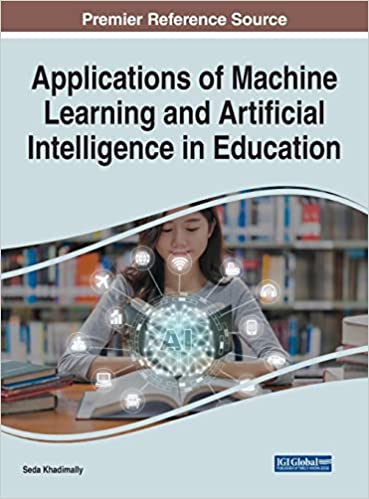
English | 2022 | ISBN: 1799877760, 978-1799877776 | 293 pages | True PDF EPUB | 46.28 MB
Modes and models of learning and instruction have shown a significant shift from yesterday's conventional learning and teaching given this era's current educational and social contexts. Learners are no longer learning and communicating with human-generated, computed, and mediated-or traditional-learning and instructional practices, paving the way for machine-facilitated communication, learning, and teaching tools. Learning and instruction, communication and information exchange, as well as gathering, coding, analyzing, and synthesizing data have proven to be in need of even more innovative technology-moderated tools. Applications of Machine Learning and Artificial Intelligence in Education focuses on the parameters of remote learning, machine learning, deep learning, and artificial intelligence under 21st-century learning and instructional contexts. Covering topics such as data coding and social networking technology, it is ideal for learners with an interest in the deep learning discipline, educators, educational technologists, instructional designers, and data evaluators, as well as special interest groups (SGIs) in the discipline.
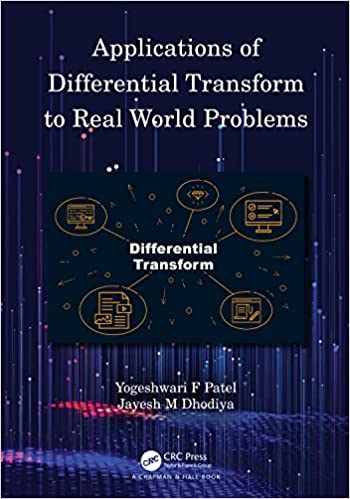
English | 2022 | ISBN: 1032185228, 978-1032185224 | 307 pages | True PDF EPB | 12.21 MB
This book is an invaluable resource for applied researchers to find the analytical solution of differential equations describing the dynamical system with less computational effort and time. It describes the basic concepts of the differential transform method and solution of various real-world problems described by simple to complicated differential equations. It provides a computational technique that is not only conceptually simple and easy to use but also readily adaptable for computer coding. Different chapters of the book deal with the basic differential equations involved in the physical phenomena as well as a complicated system of differential equations described by the mathematical model.
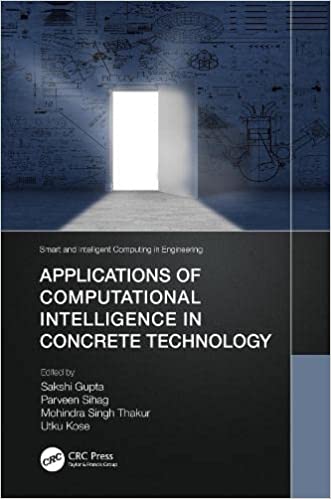
English | 2022 | ISBN: 1032013028, 978-1032013022 | 321 pages | True PDF | 23.58 MB
Computational intelligence (CI) in concrete technology has not yet been fully explored worldwide because of some limitations in data sets. This book discusses the selection and separation of data sets, performance evaluation parameters for different types of concrete and related materials, and sensitivity analysis related to various CI techniques. Fundamental concepts and essential analysis for CI techniques such as artificial neural network, fuzzy system, support vector machine, and how they work together for resolving real-life problems, are explained.


